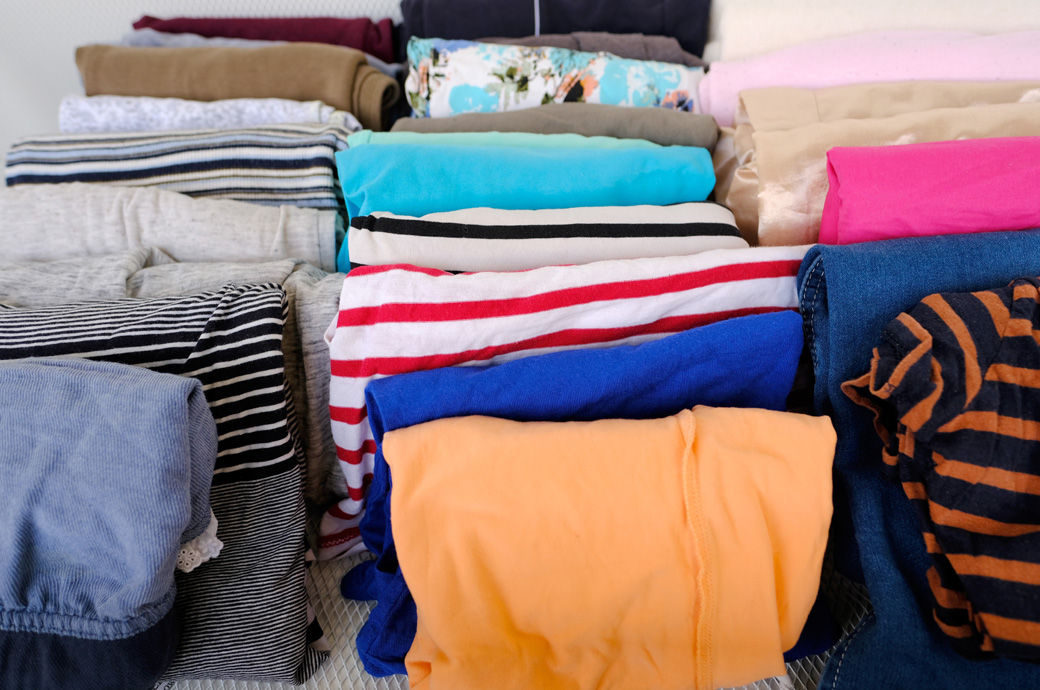
The document, ‘Maximising Resources, Minimising Waste’ constitutes the new Waste Prevention Programme for England. It sets out our priorities for action to manage domestic resources and waste in accordance with the top layers of the waste hierarchy—prevention and reuse.
Through the Net Zero Strategy, the government has committed to the near elimination of municipal biodegradable waste to landfill from 2028 and has set an Environment Act 2021 environmental target to halve residual waste (excluding major mineral wastes) kg per person by 2042, according to the document.
The fashion and textiles industry faces huge challenges. Data from Quantis estimated that the sector accounts for between 4 per cent to 8 per cent of global greenhouse gas emissions. Extensive and often opaque international supply chains spanning multiple continents pose challenges to transparency and traceability, it says.
Keeping products and materials in circulation through reuse provides substantial environmental and economic benefits.
A new life cycle-based assessment study of the management of European used textiles found that producing a new T-shirt has approximately a 70 times larger environmental impact than a reused T-shirt. More than 3 kg of carbon dioxide is saved for each medium-high value T-shirt that is reused, the document notes.
A strong collection system in the United Kingdom collects 620,000 tonnes of used textiles separately for reuse and recycling each year, and data from the Waste and Resources Action Programme shows 60 per cent of that is exported.
“We need to increase domestic sorting and reprocessing of textiles not suitable for reuse to capitalise on the growing demand for recycled content and extract maximum value from material flows,” the document suggests.
Recycling textiles not appropriate for reuse is a vital route to keeping material out of landfill and incineration. However, economies of scale for textiles recycling do not currently exist, it notes.
As noted in the Waste and Resources Action Programme’s Textiles Market Situation Report, resale, rental and repair diversify business portfolios and enable income streams that are not dependent on the extraction of virgin materials.
The UK government wants to see more companies providing circular products and services, helping consumers access better value, the document adds.
Fibre2Fashion News Desk (DS)